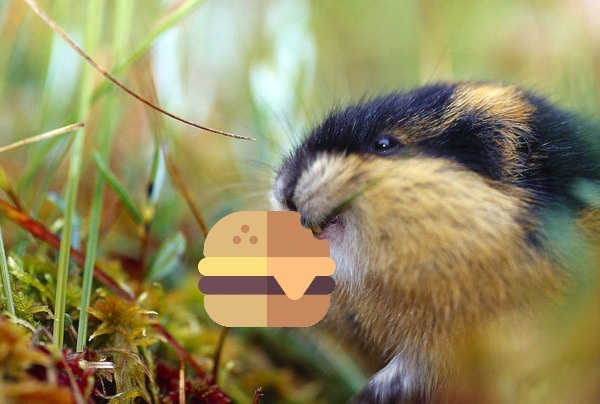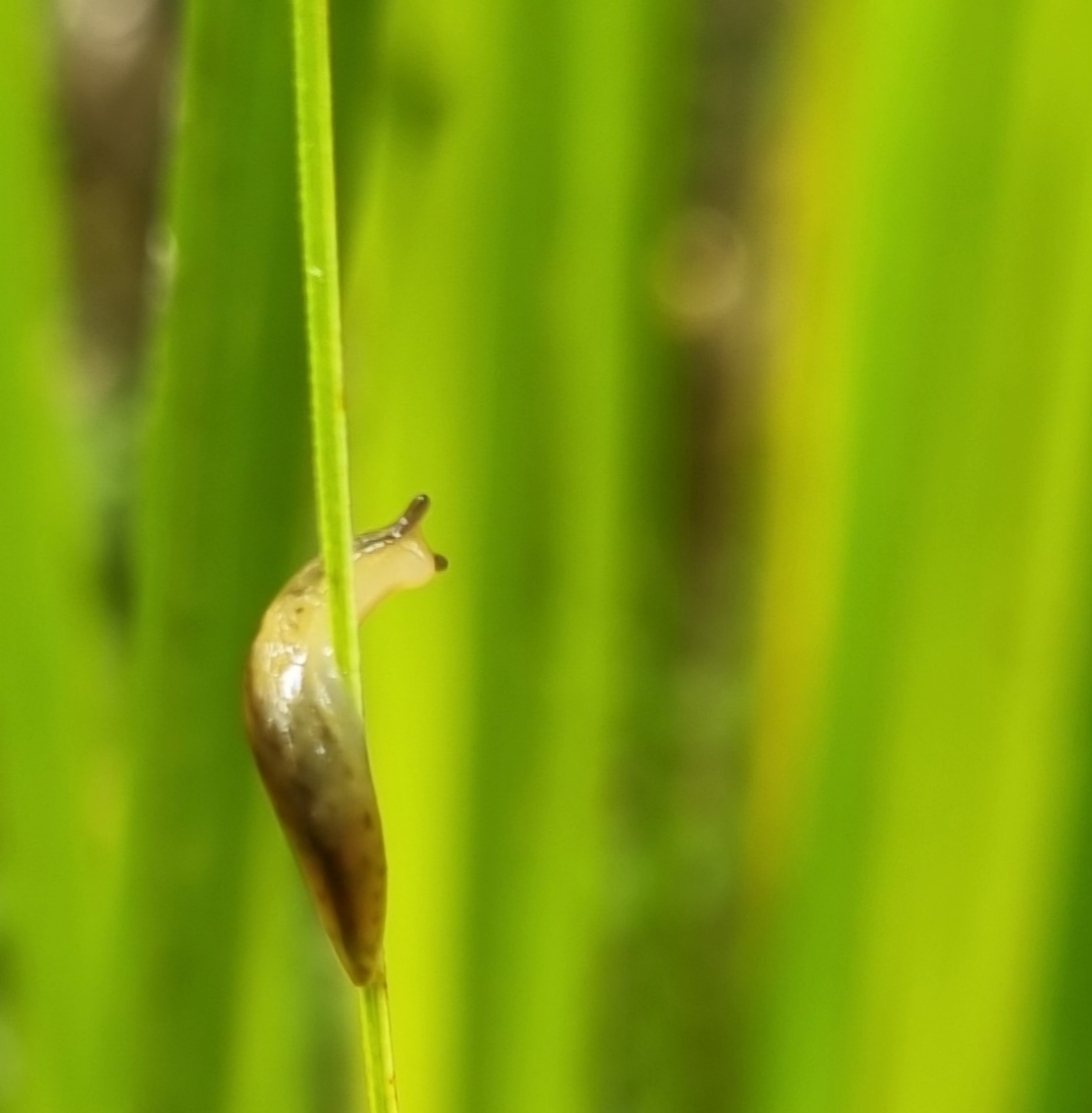So, I love Spinach but apparently they are sprayed with a lot of insecticides to repel crop eating insects and this rules out Spinach for me. How worried should I be about the use of fertilizer for crop production?
P.S: I have been hearing a lot about sweet potatoes and how they are the perfect food but I was wondering how those were grown, do they use a lot of harmful fertilizer or anything along those lines?
Thanks for all your answers guys :)
I hate to be “that guy” but this almost certainly depends on the specific fertilisers and insecticides used.
Short answer: No.
Sweet potatoes are good, but no food is perfect.
The main problem with excess fertilizer is how it poisons water.
The problem with insecticides are they are fairly indiscriminate.
That said we have been using a version of each going back as far as we understood that certain things made the crops grow better, and certain things kept pests away.
There are other issues, but if you wash your produce and the treatments/fertilization were done at the correct time/way, should be fine.
The main problem with excess fertilizer is how it poisons water.
I can’t tell if you’re talking about eutrophication or not, but that’s also a major part
Where did you get the idea that fertilizer makes food harmful? You can not grow food without giving the plants nutrients.
Well… The way we give them nutrients is a bit strange nowadays. We basically extract ammonia from Fossil Fuels for fertilizer, not exactly the healthiest way to grow em and it causes algae blooms from the runoff as well. They need nutrients, but the way we grow our food is currently unsustainable and not that healthy compared to naturally grown and with the proper nutrients of growing in its natural life cycle instead of the rapid growth and hardiness we have selected for that diminishes nutrional value as well.
The plants don’t know where the elements (N, P, K, etc.) they absorb come from. At least I haven’t found any evidence to the contrary.
Right, I am saying we grow them quicker which gives them less nutrients. And the fertilizer we use has downside but it does work. Not saying it doesn’t but it also isn’t “healthy” per se.
Yes exactly, fertilizer are all about growing a plant as quickly as possible for as little money as possible, so many miss out important nutritents for nutritious plants in the eye of profit. Edit: I meant to have the original comment here on the main thread woops, this is all I wanted to say here
The biggest reason our food is not healthy is that it’s been bred for durability in shipping and long shelf life rather than flavour and nutrient content. Tomatoes are the poster child of this phenomenon. Compare backyard-grown heirloom varieties to store bought tomatoes and the difference is night and day!
There’s actually a pretty high correlation between flavour and nutrient content. This makes sense when you consider the purpose of taste and smell in the first place: to help us discern healthy food from poor food, to gauge ripeness, and to help us avoid poisonous or rotten food.
Of course highly processed food such as Doritos abuse this feature by targeting only the specific compounds responsible for great taste and leaving out everything else. This is why they’re so bad for you: highly tasty and addictive yet nutritionally empty apart from calories.
Doritos minding their own business, got singled out.
I watched a video recently by a champion barbecue master. He did a whole history on umami flavour and explained that it’s caused by 3 compounds working together, not just one as people think:
- monosodium glutamate (MSG, everyone’s favourite, found in kombu seaweed)
- disodium inosinate (found in bonito flakes)
- disodium guanylate (found in dried shiitake mushrooms)
Funnily enough, all 3 of these compounds are additives in Doritos!
The phrase “minding their own business” has a completely different and much more sinister meaning in this context though.
Tea (oolong, black, green, white) all comes from one plant. Camellia sinensis. Each type is just processed in different ways.
Camellia sinensis is quite susceptible to fungus, such that it’s marinated in fungicide. Usually 3 fungicides.
Your bananas, before delivery, are submerged in a vat of liquid fungicide so they can travel.
The good news is greens are fast and easy to grow. You can grow quite a lot of them year round, on your terms.
As somebody else said: it depends. Some fertilizers are shit and contain harmful shit but most are fine.
Here’s some things to know tho:
-
If fertilizer gets on the leaves you must wash them before eating (which should be done anyway) as the residue may have toxic heavy metals (which may be there for plant growth).
-
Fertilizer is developed for maximum profits, only things that are needed for fast growth are added. this causes the plants to grow fast but with little nutrients needed for healthy long term growth. Its like plant fast food, it’s cheap to make and will make you fat fast but your going to need more than just carbs fat and suger to be healthy.
So the plant will have less nutrients for us, and more importantly less flavour, for herbs like basil and celery the flavour difference is incredible.
for spinach flavour doesn’t matter much. spinach also has basically no nutrients for us in the first place, in fact the oxalic acid in Spinach, when eaten, removes calcium from your body. So fast growing spinach has basically no downsides.
For a more complete diet I would recommend a seeweed based fertilizer (make sure it’s sustainably harvested!).
- dont let any fertilizer get in a river/lake any fertilizer will unbalance its ecosystem.
Also sweet potato (Kumara) leaves are so so good. And easer to grow, and you get sweet potatoes, and they are healthier, and have much less oxalic acid. Only problem with them is they are not very frost resistant and require more light, if you want tubers, then spinach, (in low light it may not produce tubers but will still have leaves).
-
Not directly answering your question, but I’m an avid Gardner with 15 years of hobby experience and I stopped growing spinach because it attracted so many pests and I don’t spray. I found varieties of kale with delicate leaves better because they grow faster, were much more bug tolerant and tasted as good or better.
If you have some outdoor space and interest, growing some greens for yourself is very easy if you get the right varsities.






